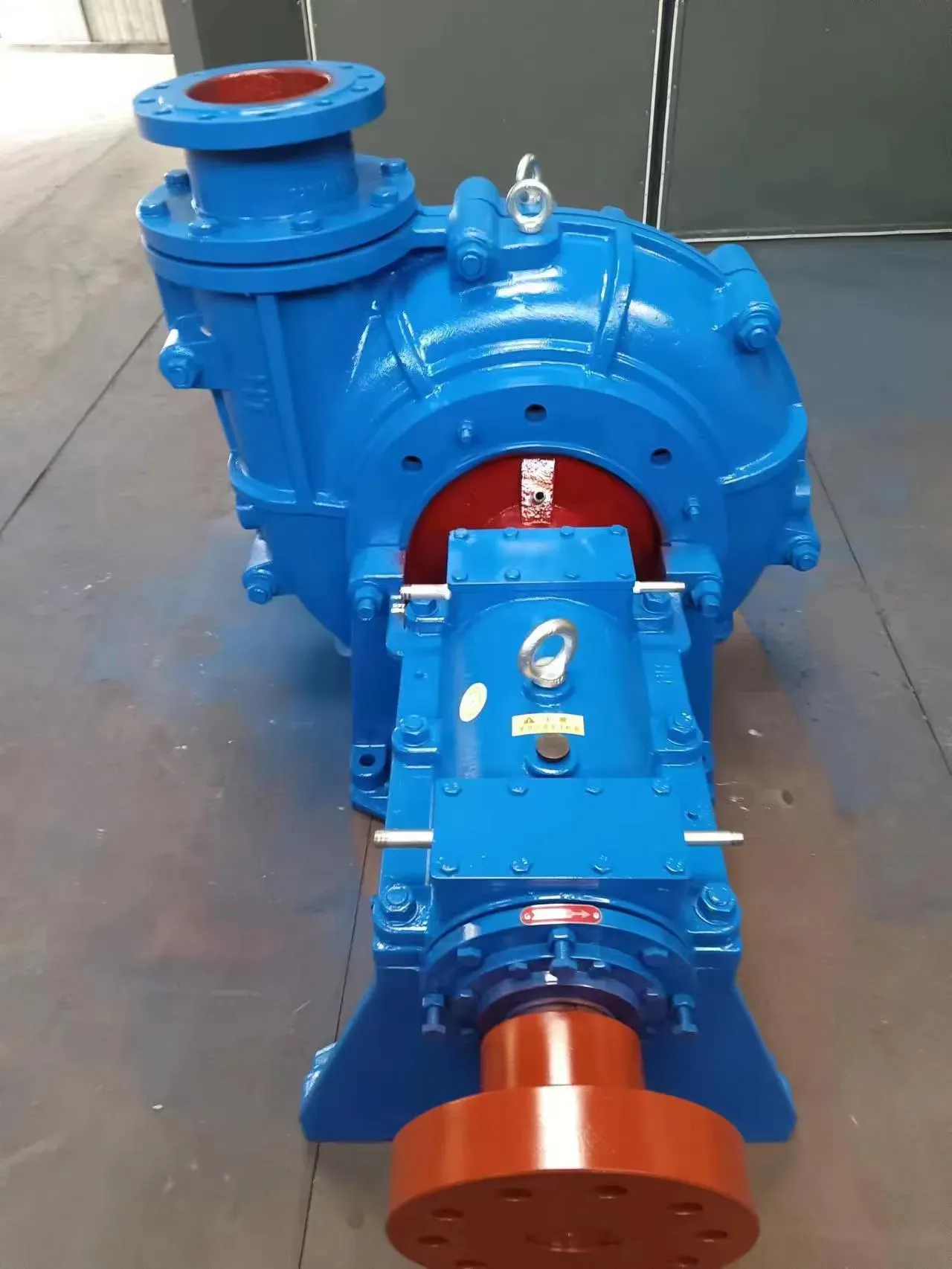English
- Afrikaans
- Albanian
- Amharic
- Arabic
- Armenian
- Azerbaijani
- Basque
- Belarusian
- Bengali
- Bosnian
- Bulgarian
- Catalan
- Cebuano
- Corsican
- Croatian
- Czech
- Danish
- Dutch
- English
- Esperanto
- Estonian
- Finnish
- French
- Frisian
- Galician
- Georgian
- German
- Greek
- Gujarati
- Haitian Creole
- hausa
- hawaiian
- Hebrew
- Hindi
- Miao
- Hungarian
- Icelandic
- igbo
- Indonesian
- irish
- Italian
- Japanese
- Javanese
- Kannada
- kazakh
- Khmer
- Rwandese
- Korean
- Kurdish
- Kyrgyz
- Lao
- Latin
- Latvian
- Lithuanian
- Luxembourgish
- Macedonian
- Malgashi
- Malay
- Malayalam
- Maltese
- Maori
- Marathi
- Mongolian
- Myanmar
- Nepali
- Norwegian
- Norwegian
- Occitan
- Pashto
- Persian
- Polish
- Portuguese
- Punjabi
- Romanian
- Russian
- Samoan
- Scottish Gaelic
- Serbian
- Sesotho
- Shona
- Sindhi
- Sinhala
- Slovak
- Slovenian
- Somali
- Spanish
- Sundanese
- Swahili
- Swedish
- Tagalog
- Tajik
- Tamil
- Tatar
- Telugu
- Thai
- Turkish
- Turkmen
- Ukrainian
- Urdu
- Uighur
- Uzbek
- Vietnamese
- Welsh
- Bantu
- Yiddish
- Yoruba
- Zulu
Telephone: +86 13120555503
Email: frank@cypump.com
Dec . 16, 2024 00:30 Back to list
Guidelines for Replacing Your Septic Pump Effectively and Efficiently
Understanding Septic Pump Replacement A Comprehensive Guide
Septic systems are a fundamental component of many rural and suburban homes, providing an effective means of wastewater management. Among the vital parts of these systems is the septic pump, which plays a crucial role in transporting effluent from the septic tank to the drain field. Over time, these pumps can wear out or fail, making septic pump replacement an essential aspect of maintaining a healthy and functional septic system.
What is a Septic Pump?
A septic pump is essentially a mechanical device designed to move wastewater effluent from the septic tank to the leach field. It works by generating pressure that pushes the effluent through the plumbing system into the drain field for further treatment and absorption into the soil. There are various types of septic pumps, including submersible pumps and effluent pumps, each serving specific functions within the septic system.
Signs That You May Need a Replacement
Understanding when to replace your septic pump is critical to preventing costly repairs and ensuring your system operates efficiently. Here are some common signs that it may be time for a replacement
1. Frequent Breakdowns If your pump is breaking down regularly, it may indicate that it's reaching the end of its lifespan, which typically ranges from 5 to 15 years depending on usage and maintenance.
2. Strange Noises Unusual noises such as grinding or humming can signal problems with the pump, suggesting that it may be malfunctioning.
3. Slow Draining If you notice that wastewater is draining more slowly than usual, this could be a sign of a failing pump or blockages within the system.
septic pump replacement

5. Increased Power Consumption If your energy bills have unexpectedly spiked, it could mean that your septic pump is working harder than normal, possibly due to inefficiency or malfunction.
The Importance of Professional Assessment
If you suspect that your septic pump needs replacing, the first step is to contact a professional septic service. A trained technician can assess the system and determine whether the pump needs to be repaired, maintained, or replaced altogether. This assessment often includes a thorough inspection of the pump, the septic tank, and the drain field to identify any underlying issues.
Choosing the Right Replacement Pump
When replacing a septic pump, it is essential to choose a model that is appropriate for your specific system and needs. Factors to consider include the pump's power, efficiency ratings, and compatibility with your existing septic system. Professional installers can help guide you in selecting a pump that not only fits your budget but also meets your long-term wastewater management requirements.
Installation Process
The installation of a new septic pump typically involves several steps. First, the technician will excavate the area where the pump is located. Next, they will disconnect the old pump and replace it with the new unit, ensuring all connections are secure and the system is correctly configured. Once installed, the pump will be tested to confirm that it operates correctly and efficiently.
Maintenance Tips
After replacing your septic pump, regular maintenance is crucial to the longevity and performance of your system. This can include routine inspections, ensuring that the electrical connections are secure, and minimizing the use of harsh chemicals that can disrupt the natural bacteria necessary for septic system function.
In conclusion, septic pump replacement is an integral part of maintaining an effective septic system. By recognizing the signs of a failing pump and seeking professional assistance, homeowners can ensure proper wastewater management and preserve the integrity of their property. A proactive approach to maintenance and timely replacement can save considerable time and expense, safeguarding not just your home but also the environment.
-
Horizontal Split Case Pump with GPT-4 Turbo | High Efficiency
NewsAug.01,2025
-
ISG Series Pipeline Pump - Chi Yuan Pumps | High Efficiency, Durable Design
NewsAug.01,2025
-
Advanced Flue Gas Desulfurization Pump with GPT-4 Turbo | Durable & Efficient
NewsJul.31,2025
-
ISG Series Vertical Pipeline Pump - Chi Yuan Pumps | Advanced Hydraulic Design&Durable Construction
NewsJul.31,2025
-
ISG Series Vertical Pipeline Pump - Chi Yuan Pumps | Energy Efficient & Low Noise
NewsJul.31,2025
-
pipeline pump - Chi Yuan Pumps Co., LTD.|High Efficiency&Low Noise
NewsJul.31,2025










